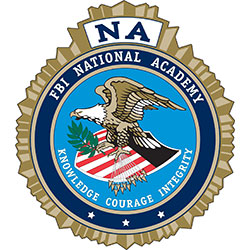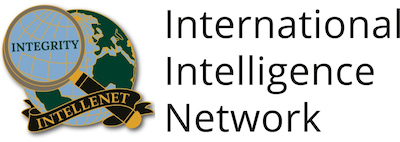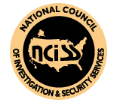Attempting to do-it-yourself when it comes to observing the behaviors and activities of another person is never a good idea. Your actions can easily cross the line into stalking. Stalking is illegal in all 50 states and all U.S. territories. Not sure how your DIY surveillance could be mistaken for stalking? Let’s take a look at these two terms.
What’s the Difference Between Surveillance and Stalking?
Surveillance is when a professional, such as a private investigator, is paid to stake out a person and document their activities, usually for a court case. The investigator ensures the subject is unaware of their observation and takes care to avoid detection. The investigator avoids detection for a number of reasons but two big ones are to avoid harassing the subject and to avoid creating fear for the subject.
Stalking is when someone with personal involvement follows or stakes out another person, especially if that person intentionally harasses or frightens the subject. In this case, the subject becomes aware of the observation and feels fearful or harassed by it.
While it varies slightly by state, the legal definition of stalking is intentionally and repeatedly following or harassing another person in situations that would reasonably cause fear.
Technology and Surveillance
In all but five states, private investigators must be licensed to perform their routine job activities, including surveillance. This also gives them the ability to use technology that while available to the public, would be unlawful for a non-PI to use in most cases. One example is a GPS tracker placed on or in a vehicle that a PI uses to keep up with a subject or otherwise document their activities. There are laws around how and when PIs can use this technology. When done incorrectly, using this technology can be a crime.
DIY surveillance can easily cross the line into the legal definition of stalking and/or cyberstalking. Any evidence you might have collected is considered illegal and not admissible in court. When surveillance is needed, it’s always best to keep yourself out of the equation and let a qualified third party, such as a private investigator, perform this activity in accordance with the law and in a way that is usable in a court case.










